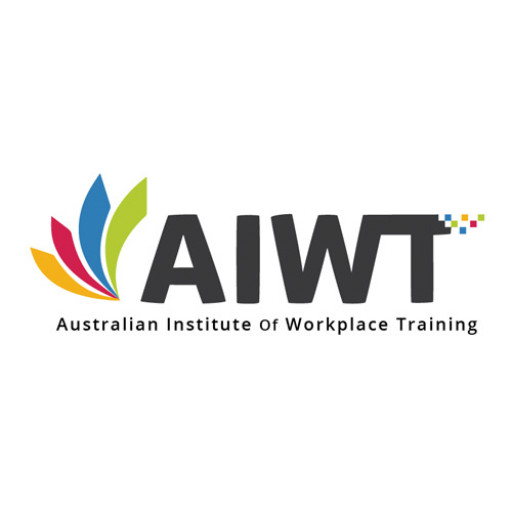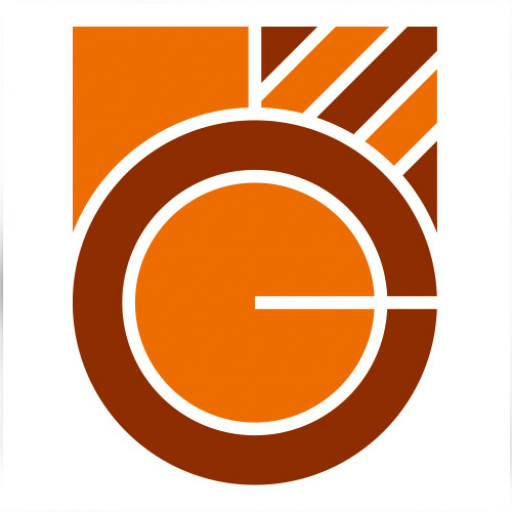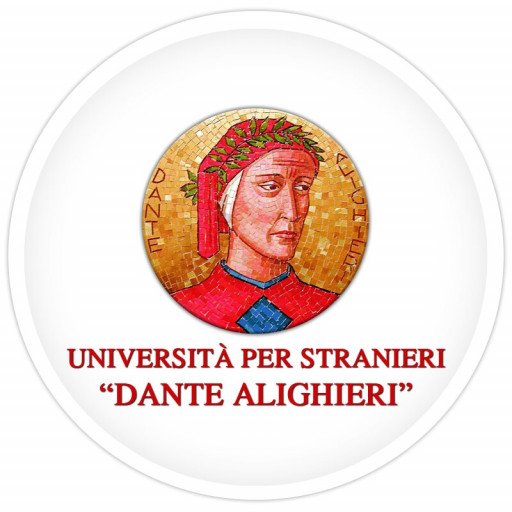Photos of university / #uniofbath
The MA in Interpreting and Translating at the University of Bath is a comprehensive postgraduate program designed to prepare students for successful careers in the fields of translation and interpretation. This course offers an in-depth understanding of language skills, cultural awareness, and professional techniques required to excel in international communication. Throughout the program, students develop advanced language proficiency in two or more languages, paired with rigorous training in both spoken and written translation and interpreting skills. The curriculum combines theoretical knowledge with practical experience, ensuring graduates are well-equipped to meet the demands of multilingual environments across various industries, including international diplomacy, business, media, and public service.
The program covers a wide range of topics such as translation technology, terminology management, intercultural communication, and ethical considerations in professional practice. Students will engage in simulated interpreting scenarios, professional internships, and collaborative projects that replicate real-world situations, fostering confidence and competence. The program is delivered by experienced academics and industry practitioners who bring valuable insights and current industry standards into the classroom. Students also benefit from access to state-of-the-art interpreting and translation facilities, enabling them to refine their technical skills in a supportive environment.
Designed for individuals passionate about languages and intercultural communication, the MA in Interpreting and Translating at Bath offers a flexible approach to learning, with options for full-time and part-time study. Graduates of this program often pursue careers as freelance translators, conference interpreters, language service providers, or work within international organizations, government departments, and multinational corporations. The program not only equips students with the linguistic and technical expertise necessary for the profession but also enhances their cultural sensitivity and adaptability—key qualities sought after in a globalized world. With a strong emphasis on employability, the course ensures that graduates are prepared to succeed in competitive international markets, making it an ideal choice for aspiring language professionals seeking a rigorous and rewarding advanced education.
The MA in Interpreting and Translating at the University of Bath is a comprehensive and dynamic program designed to equip students with the essential skills and knowledge required for a successful career in the language services industry. This program offers a rigorous curriculum that combines theoretical understanding with practical training, allowing students to develop proficiency in both translation and interpreting practices. Throughout the course, students will engage with a diverse range of language pairs, honing their abilities to accurately interpret and translate between two languages in various professional contexts. The program emphasizes not only language mastery but also cultural awareness, research skills, and specialized knowledge in areas such as business, law, and healthcare translation. Students will benefit from state-of-the-art facilities, including dedicated interpretation booths and translation labs, which provide realistic environments for practicing simultaneous and consecutive interpreting, as well as document translation. The curriculum is designed to foster both independent learning and collaborative teamwork, preparing graduates to work effectively in interdisciplinary environments. In addition to classroom instruction, the program offers opportunities for placements and internships in real-world settings, enabling students to gain valuable hands-on experience and to build professional networks. Faculty members are experienced practitioners and academics who bring current industry insights into their teaching. Upon completion of the MA in Interpreting and Translating, graduates will be well-positioned to pursue careers as professional interpreters, translators, project managers, or language consultants in various international organizations, government agencies, and private companies. The program aims to develop not only language expertise but also critical thinking, problem-solving skills, and ethical awareness, ensuring students are prepared for the challenges of the global language industry.
Entry requirements for the MSc in Interpreting and Translating at the University of Bath typically include a good undergraduate degree, usually a 2:1 or equivalent, in a relevant subject such as modern languages, linguistics, or a related field. Applicants should demonstrate proficiency in at least two languages, with one being their first language and the other at an advanced level, usually including a high level of competency in reading, writing, listening, and speaking. For language combination, candidates are expected to provide evidence of their linguistic skills through their academic transcripts or standardized language tests such as IELTS or TOEFL if English is not their first language. The minimum IELTS score usually required is 6.5 overall, with no subscore below 6.0, or equivalent in other recognized English language tests. Additionally, applicants are often asked to submit a personal statement outlining their interest in interpreting and translating, their relevant experience, and how they meet the programme’s goals. References from academic or professional sources supporting the application are also typically required. Experience in translation, interpreting, or related linguistic work can enhance an application but is not always mandatory. The selection process may include an interview or language assessment to evaluate linguistic proficiency and suitability for the programme. Applicants from non-traditional backgrounds with significant relevant experience may also be considered. The programme is designed to develop advanced language skills, specialist knowledge in translation and interpreting techniques, and cultural competence, so a strong motivation to pursue a professional career in this field is essential. Overall, the entry requirements aim to ensure that applicants possess the linguistic and academic foundation necessary for rigorous postgraduate study in interpreting and translating at the University of Bath.
The University of Bath offers various funding options for students enrolled in the Interpreting and Translating program. Prospective students are encouraged to explore a range of financial support opportunities to help cover tuition fees and living expenses during their studies. The university provides information on scholarships, bursaries, and grants that may be available specifically for interpreting and translating students. These financial aid options are designed to support both domestic and international students and can vary depending on the applicant’s nationality, academic merit, and financial need. In addition to university-specific awards, students can access external funding sources such as government loan schemes, international fellowships, and industry-specific scholarships. The university’s Financial Aid Office offers detailed guidance and application assistance to help students identify suitable funding opportunities and navigate the application process successfully. Students are advised to start their funding search early, as some awards have strict deadlines and eligibility criteria. The cost of the program may also be offset through part-time work opportunities available on or near campus, which students can undertake within the limits permitted by their visa status, if applicable. Financial planning is an important aspect of postgraduate study, and the university encourages students to budget carefully. Additionally, some students may be eligible for loan repayment schemes, tax relief, or fee waivers, depending on their circumstances. It is essential for applicants to review the specific funding information provided on the university’s official website and consult with the university’s support services to maximize their financial resources while undertaking their studies in Interpreting and Translating.
The University of Bath offers a comprehensive programme in Interpreting and Translating that aims to prepare students for professional careers in language services. The programme provides a thorough grounding in the core skills of interpreting and translation, incorporating both theoretical knowledge and practical experience. Students have the opportunity to specialise in several languages, including but not limited to French, German, Spanish, and other widely spoken international languages, depending on the current offerings and language combinations available. The curriculum is designed to develop competencies in consecutive and simultaneous interpreting, sight translation, and written translation, ensuring graduates are well-equipped to meet the demands of the global language industry. The programme emphasizes the importance of cultural awareness, ethical considerations, and the development of excellent communication skills, which are essential for effective interpretation and translation across diverse contexts.
Students benefit from state-of-the-art facilities, including dedicated interpreting booths and translation laboratories, allowing for hands-on training in real-world scenarios. The course also integrates industry-standard software tools used in professional translation environments, such as CAT (Computer-Assisted Translation) tools and terminology management systems. Throughout their studies, students engage with a variety of real-world assignments, exposure to different types of texts, and simulated interpreting situations, including conferences, legal settings, and medical consultations. Furthermore, the programme promotes the development of soft skills like teamwork, time management, and problem-solving, which are crucial for success in the profession.
The programme also offers opportunities for practical placement, internships, or collaborative projects with external language service providers, enabling students to gain valuable industry experience and establish professional networks. Academic staff involved in the programme are experienced practitioners and researchers, ensuring a high standard of teaching and a strong connection to current industry practices and developments. Graduates of the Interpreting and Translating programme at the University of Bath often find employment in international organizations, government agencies, multinational corporations, translation agencies, or pursue further postgraduate study. The course is suitable for linguists who are passionate about languages, intercultural communication, and facilitating understanding across cultures, providing a solid foundation for a dynamic and rewarding career in language services.






